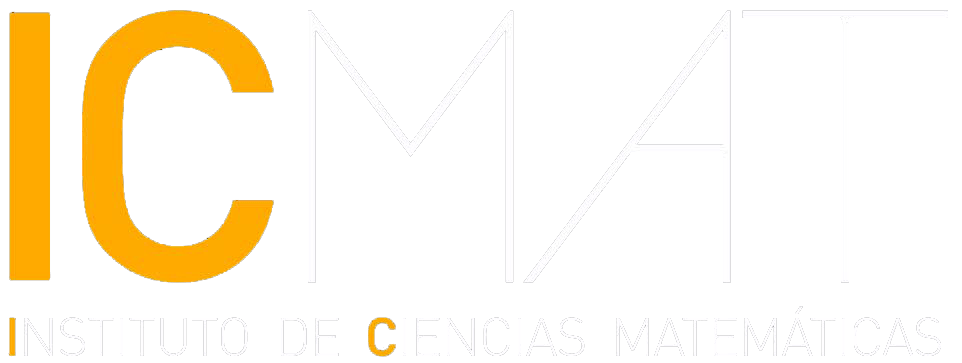‘Carleson measure estimates, corona decompositions, and perturbation of elliptic operators without connectivity’ by Mingming Cao (ICMAT-CSIC), Pablo Hidalgo-Palencia (ICMAT-CSIC) and José María Martell (ICMAT-CSIC), is published in Mathematische Annalen.Title: Carleson measure estimates, corona decompositions, and perturbation of elliptic operators without connectivity

In 1977, Dahlberg showed that the Dirichlet problem can be solved in $L^2$ in any Lipschitz domain. Since then there has been an intense research devoted to finding appropriate conditions under which one can solve the Dirichlet problem with data in Lebesgue spaces. After many deep partial results, recently, a complete answer for the Dirichlet problem with boundary data in L^p for finite p spaces was given by Azzam, Hofmann, Martell, Mourgoglou and Tolsa, (2020). They characterized the domains on which this problem is solvable in terms of two properties. The firs one that is related to the “regularity” of the boundary, namely the the uniform rectifiability of the boundary (basically, it contains many Lipschitz pieces). The second is linked to the connectivity of the domain, more precisely the existence of non-tangential accessibility paths connecting the interior of the the domain to some fixed portion of the boundary. This characterization only applies to the Laplace equation, and it is known (counterexamples were found in the 80s) that the same characterization cannot hold for just any operator in divergence form with bounded coefficients. Nevertheless, a deep result of [Fefferman, Kenig, Pipher, 1991] gave hope that such characterization could be true for a (rather wide) class of operators.
In the present work, the authors give the first steps towards extending the characterization of Azzam, Hofmann, Martell, Mourgoglou and Tolsa, (2020) to the class of operators described by Fefferman, Kenig and Pipher (1991). Indeed, they establish an abstract perturbation theory that allows them to modify the operator while maintaining properties which are very closely tied to the well-posedness of the Dirichlet problem with data in L^p for finite p. As a consequence, they prove, for a subclass of the so-called Kenig-Pipher operators, that the solvability of such Dirichlet problems is only possible in uniformly rectifiable sets. The main novelty of the work is that this perturbation theory is true without the need of any background strong connectivity assumption: indeed, working without strong connectivity is the key in Azzam, Hofmann, Martell, Mourgoglou and Tolsa (2020), so their steps towards working without connectivity may pave the way towards the full extension of that work beyond the Laplace equation.
On the technical side, to properly remove all connectivity assumptions and, at the same work with operators which are much more poorly behaved than the Laplacian, they need to define new properties that encapsulate the fact that there may be scales where things go wrong. For instance, they may expect the Green’s function to behave linearly around some parts of the boundary, but definitely not all of them (as is expected in settings with connectivity). Using appropriate dyadic structures, Carleson measures and corona decompositions, they are able to disregard the regions where the behaviour is not the expected one, and still obtain the desired global properties.
Reference
Cao M, Hidalgo-Palencia P, Martell JM. Carleson measure estimates, corona decompositions, and perturbation of elliptic operators without connectivity. Math Ann. 2024;390:95-156. doi:10.1007/s00208-023-02746-6.
